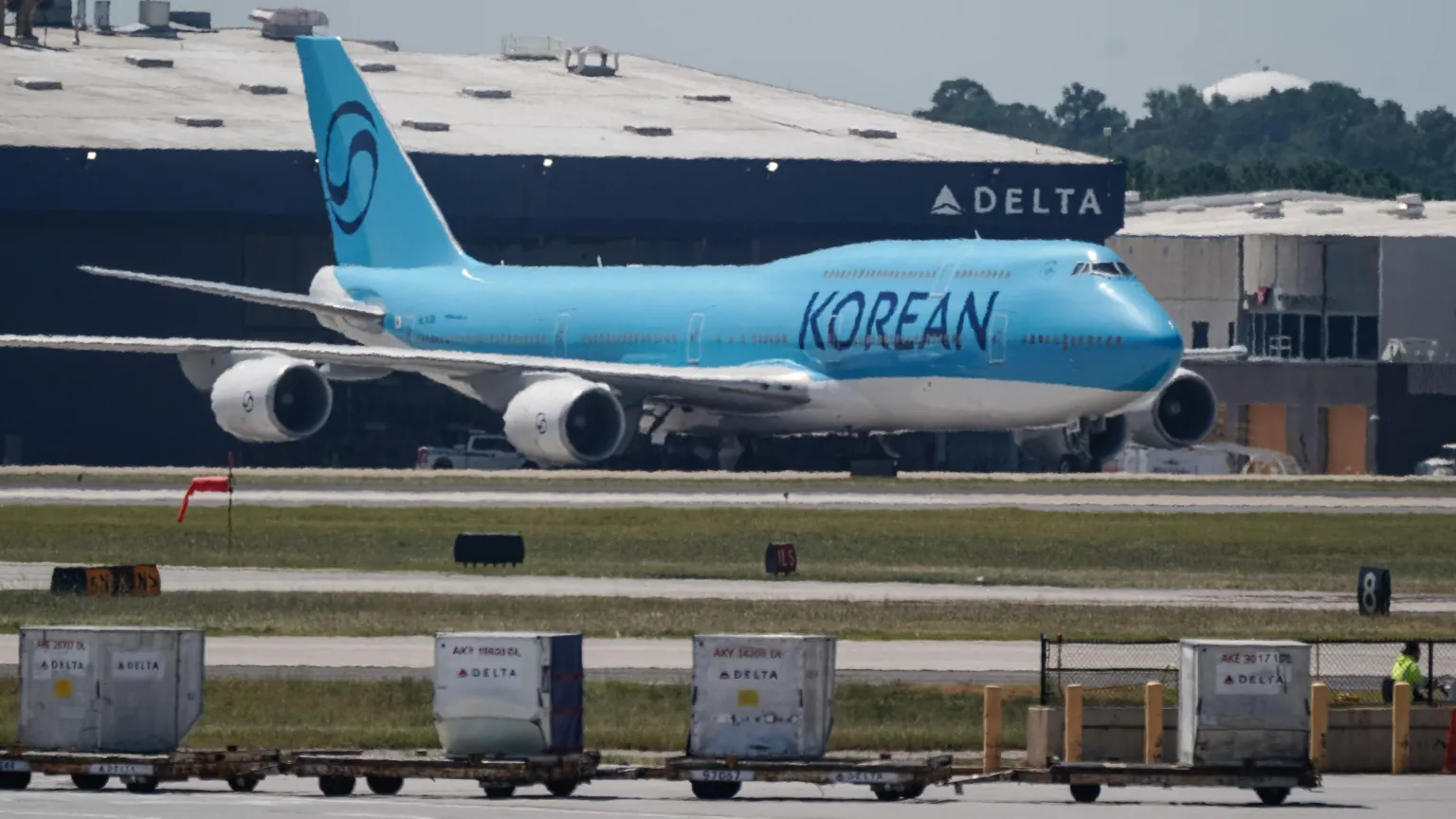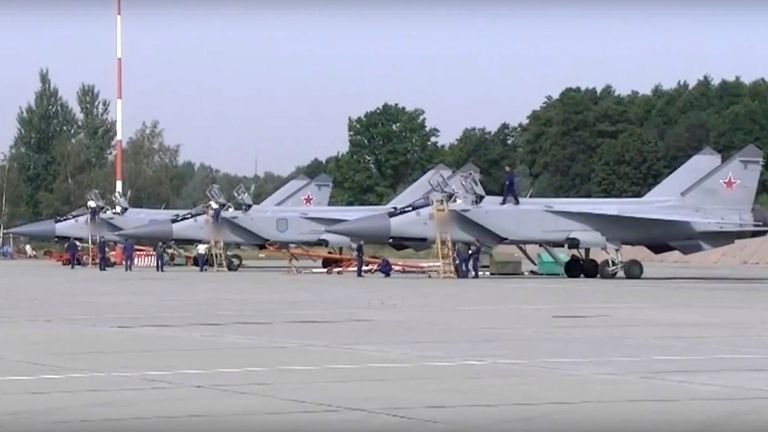South Korea Workers Detained in US Raid Head Home: Full Story, Reactions and Impact
Several South Korean nationals detained during a U.S. immigration raid have been released and returned to South Korea after diplomatic intervention. Here’s what happened, why it matters, and the lessons for workers, employers and policymakers.

What happened: the US immigration raid explained
In a high-profile operation at a major U.S. manufacturing site, U.S. Immigration and Customs Enforcement (ICE) carried out a raid that led to the detention of several foreign workers, including a group of South Korean nationals. The raid targeted alleged visa violations tied to temporary work permits and was part of a broader effort to enforce immigration laws.
Eyewitnesses reported a tense scene as officers entered the workplace, interviewed staff and escorted a number of employees into custody. While some detainees were identified as having overstayed visas, others said they were working under temporary permits but became entangled in administrative or paperwork disputes.
Diplomatic response and consular assistance
News of the detentions reached the South Korean Ministry of Foreign Affairs, which immediately activated consular support. South Korean diplomats in Washington coordinated with U.S. immigration officials to ensure the detained citizens had access to legal counsel and were treated in accordance with due process.
Following negotiations and information-sharing between the two governments, arrangements were made to repatriate the workers. Authorities confirmed that there were no criminal charges, and the focus remained on administrative immigration issues.
The workers’ journey home
The group boarded a flight and arrived at Incheon International Airport, where family members and community representatives met them. Local media captured emotional reunions and statements of relief from the returnees, many of whom described the detention experience as traumatic but expressed gratitude for the quick diplomatic response.
Several workers explained that financial pressures had contributed to decisions to extend their stays or accept additional work, underscoring how economic needs can place migrants in vulnerable positions.
Why this story matters
This case highlights several broader issues: the persistent complexities of U.S. immigration enforcement, the role of foreign labor in sectors with workforce shortages, and the importance of clear protections for migrant workers. It also demonstrates how swift diplomatic coordination can de-escalate potentially tense international incidents.
Impact on South Korean migrant workers
South Korea has a sizeable diaspora working abroad across many industries. Government officials have used this incident to remind citizens to register with embassies or consulates while working overseas so consular services can be quickly mobilized in emergencies.
Labor advocates say this episode should prompt the creation of more robust bilateral frameworks that protect temporary workers and make visa rules easier to navigate for both employees and employers.
The broader debate on immigration enforcement
Immigration raids spark polarized reactions. Proponents of strict enforcement argue it helps uphold the rule of law and protect domestic labor markets. Critics point to the human cost, arguing. The raids can target individuals who contribute to the economy. Who are often seeking decent livelihoods for their families.
Experts argue that improving guest worker programs, simplifying visa renewals and increasing oversight of employers could help reduce the number of people who end up detained during enforcement actions.
Economic and human dimensions
This incident exposes a paradox in modern labor markets. Industries that rely on foreign labor often face shortages. yet visa systems and bureaucratic barriers make legal employment complex. As a result some workers take risks that then place them in precarious circumstances when enforcement actions occur.
Official statements and next steps
U.S. immigration officials reiterated their commitment to enforcing federal laws. while ensuring detainees’ rights are respected. The South Korean Embassy pledged to continue monitoring related cases and to support its citizens with consular assistance.
Both governments indicated a willingness to review communication channels and consular procedures to reduce delays and misunderstandings in future cases.
Lessons for workers, employers and policymakers
- Workers: Keep visas, permits and documentation up to date and register with your nearest embassy or consulate.
- Employers: Conduct regular compliance checks and maintain clear records to avoid sudden enforcement actions.
- Policymakers: Consider streamlining temporary worker systems and creating stronger bilateral protections to prevent similar incidents.
Conclusion: relief, reflection and reform
The safe return of the South Korean workers brings relief to the families involved. The closes a tense chapter in bilateral cooperation. At the same time, the incident serves as a reminder that global labor flows, the protection of migrant workers require ongoing attention from governments.
As international labor mobility continues to shape economies. This case may help spur policy reviews and encourage better safeguards for foreign workers worldwide.





